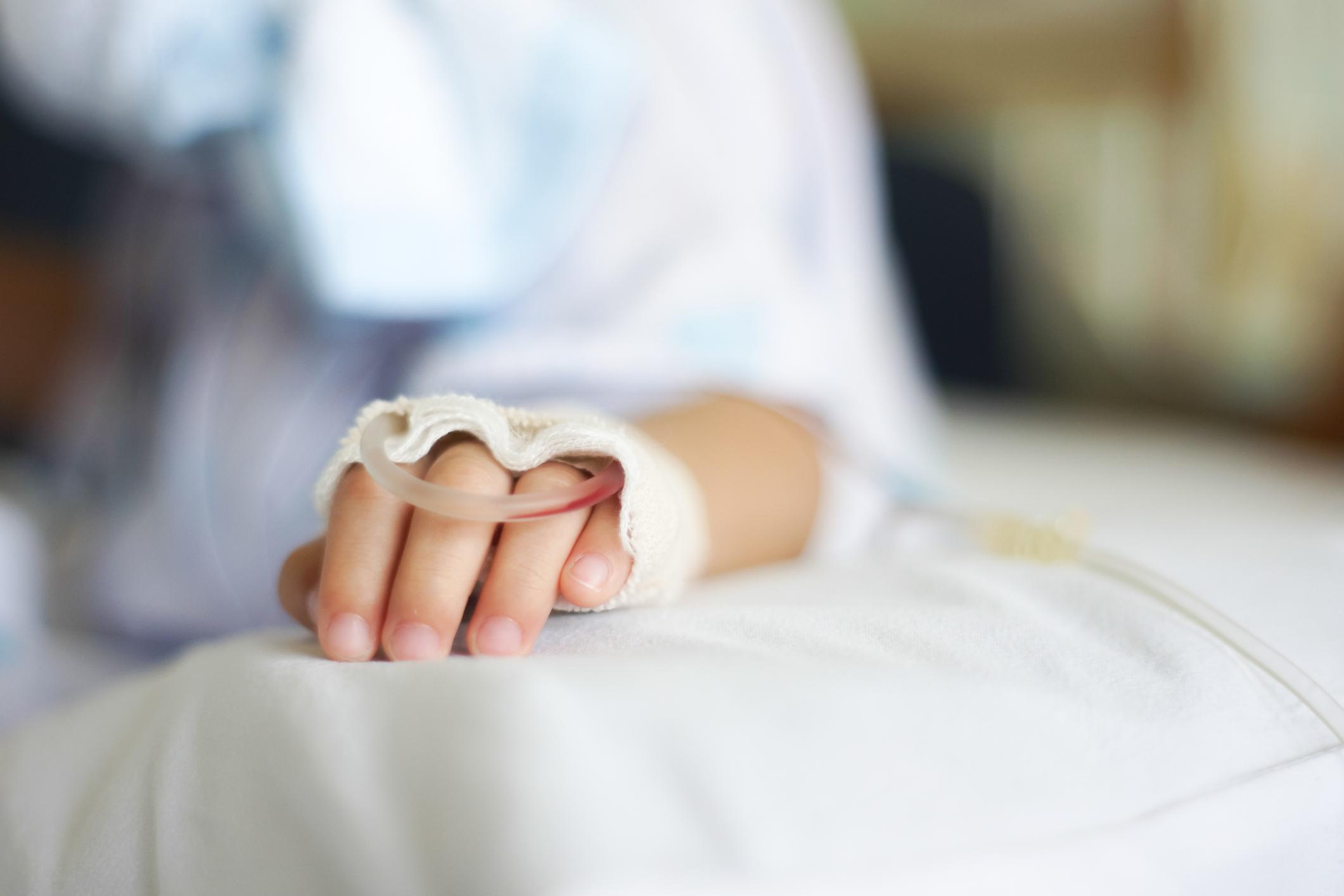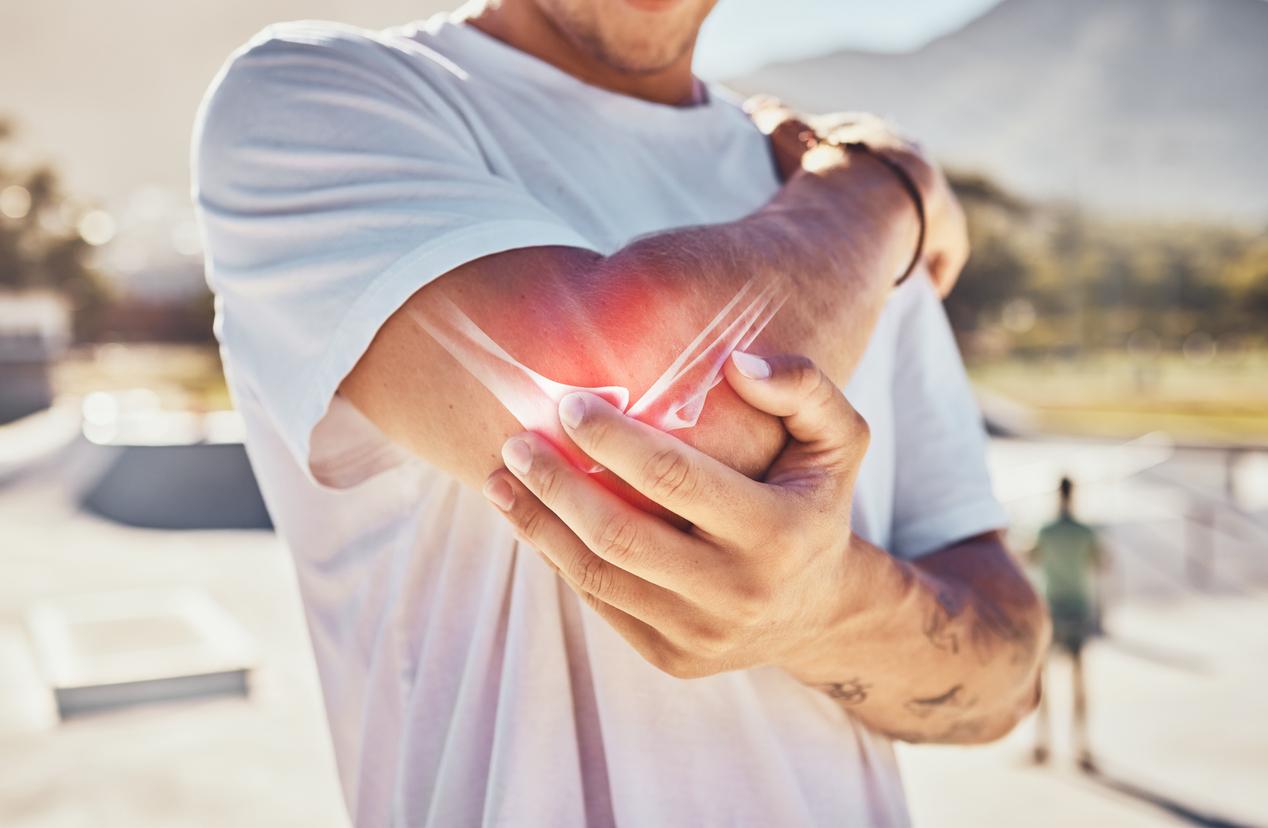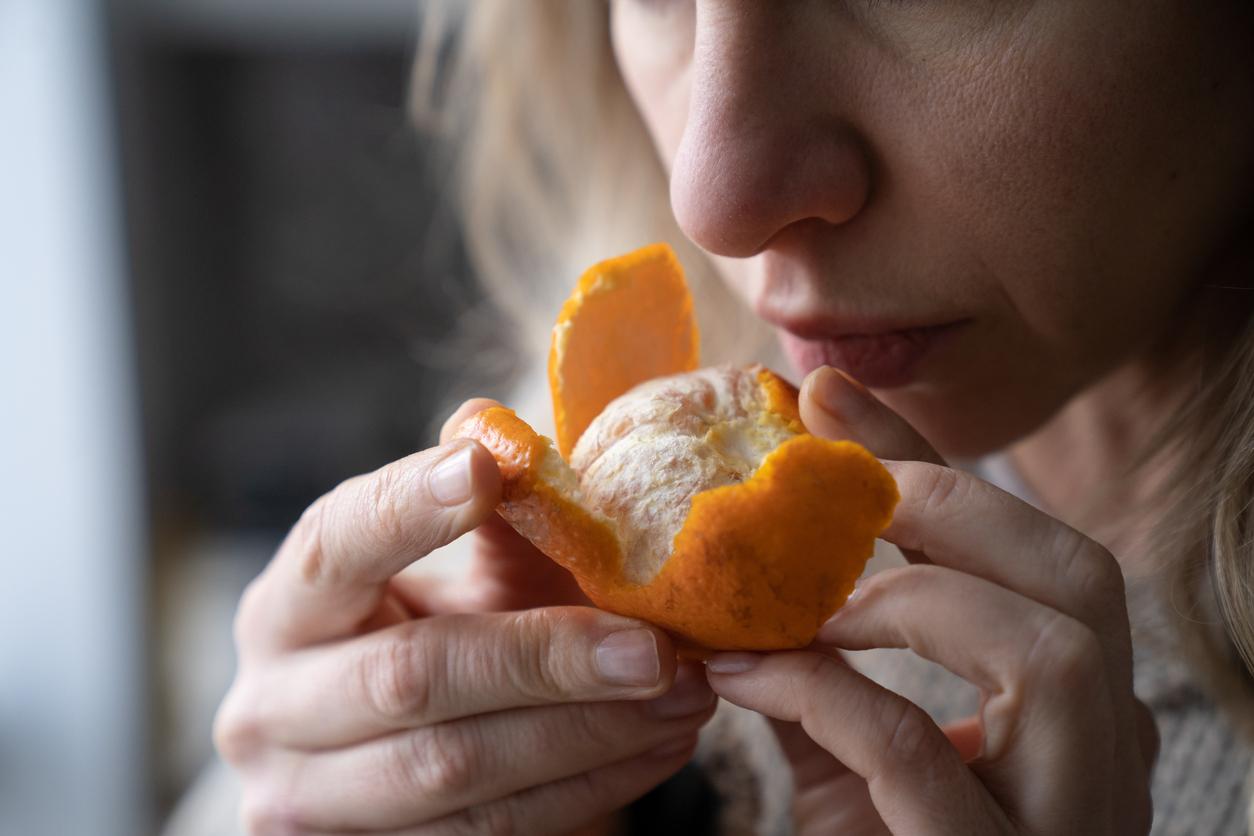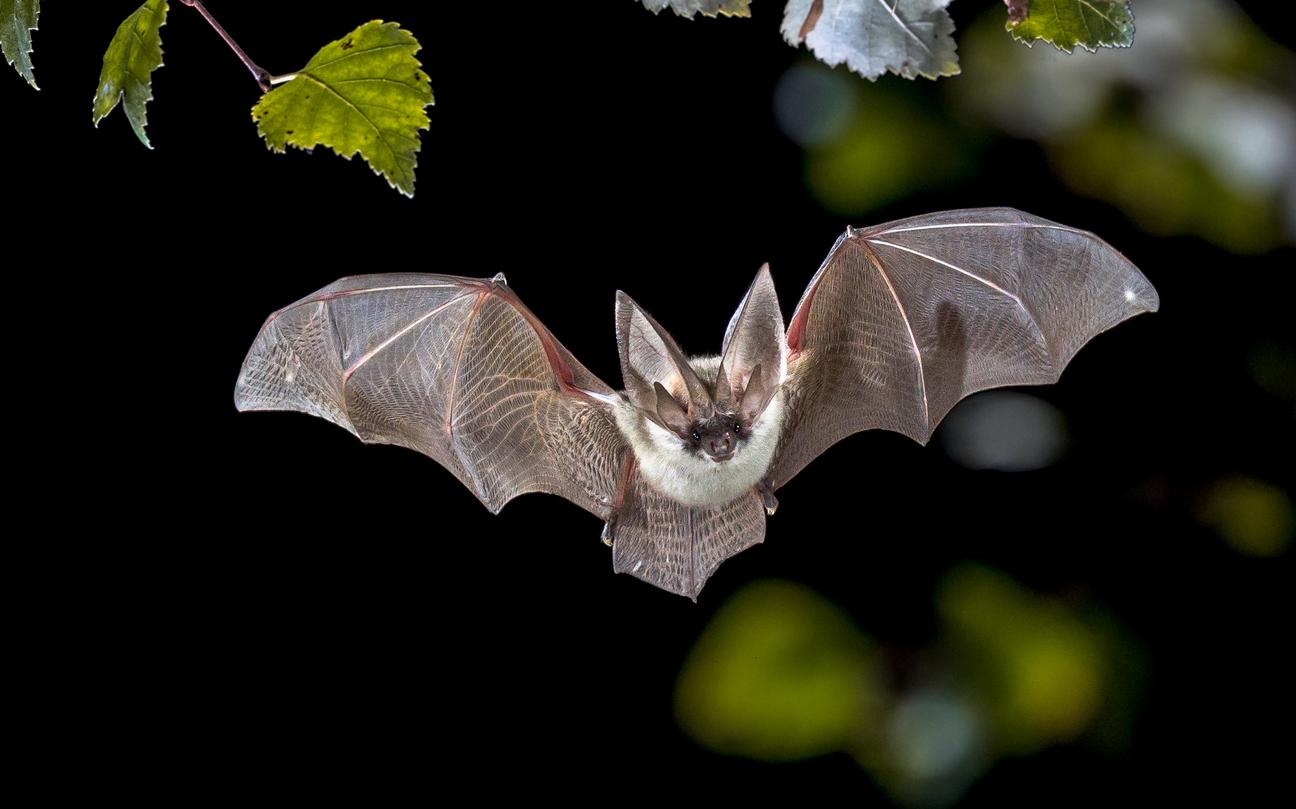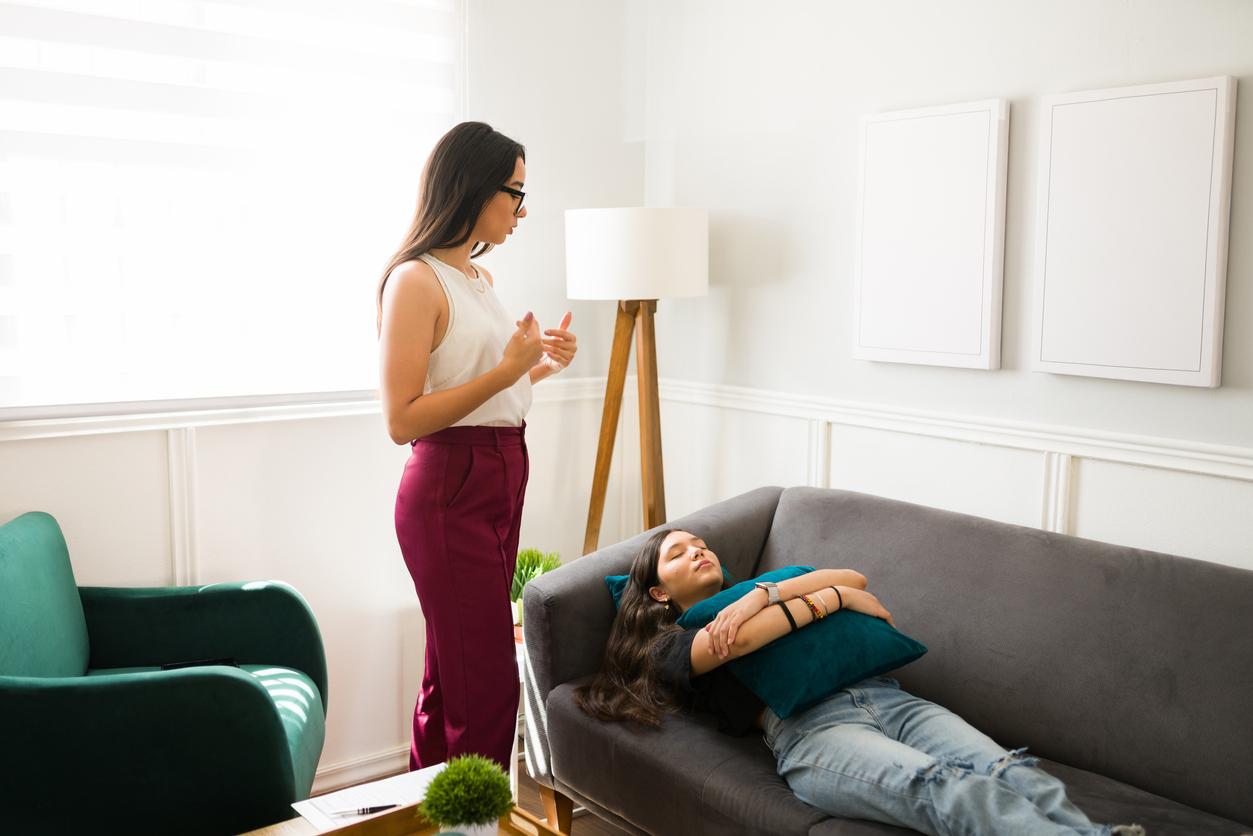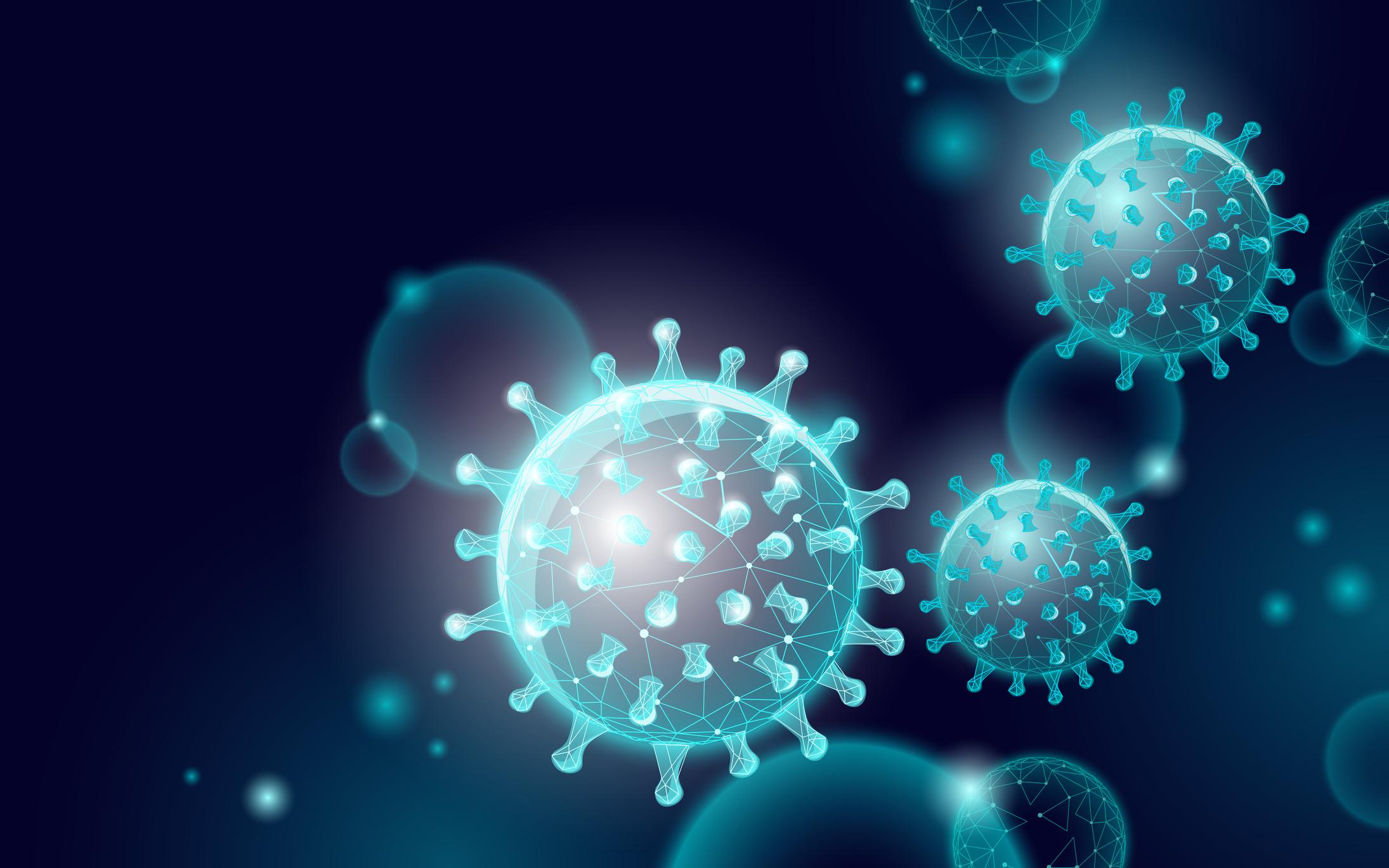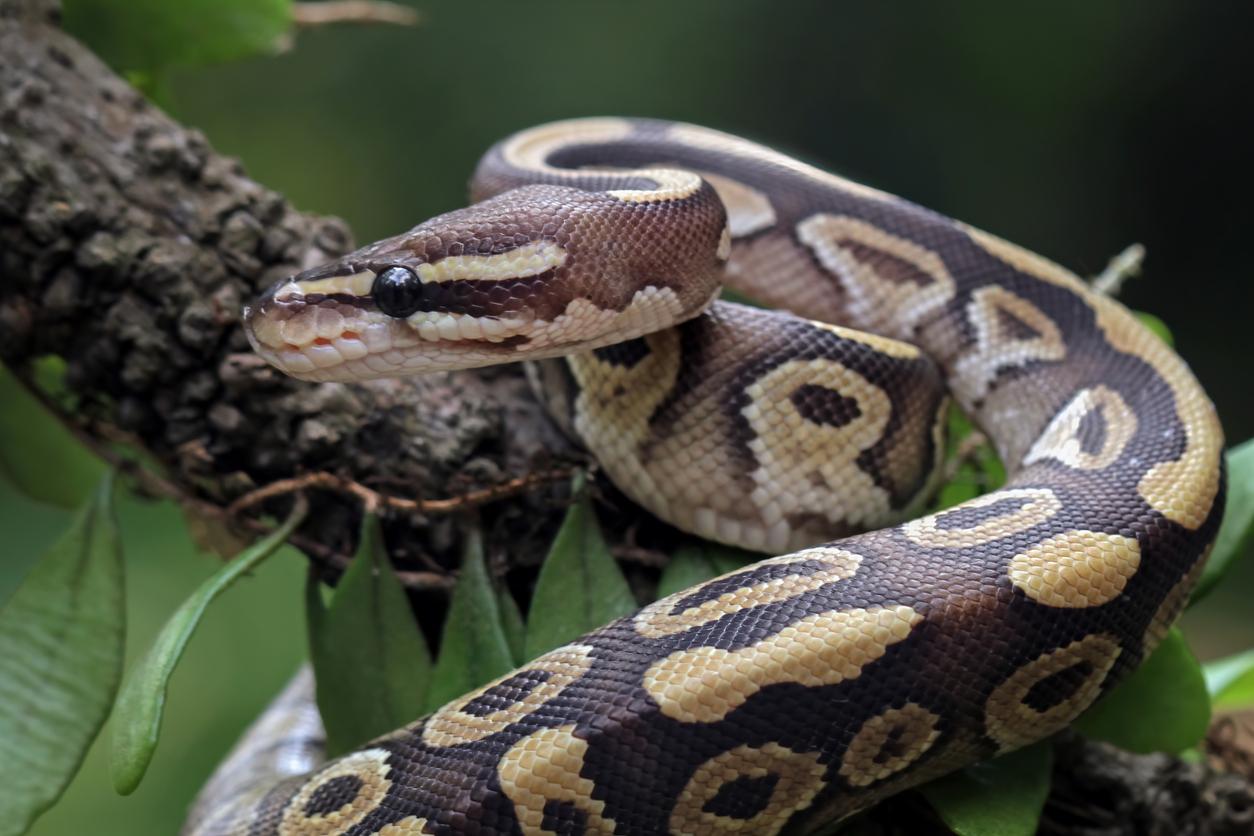In Spain, the “Donkey Doctor” project aims to relieve nursing staff tired and stressed by the Covid-19 epidemic.
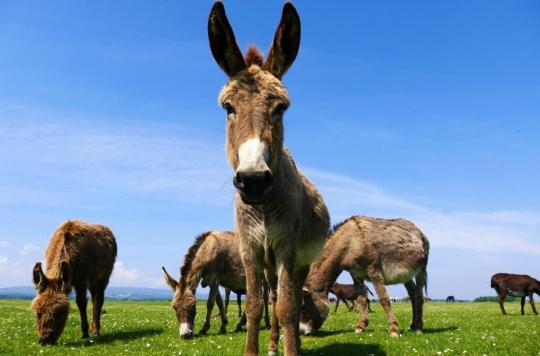
- This allows medics to recharge the batteries before returning to battle.
- They can walk with the donkeys and take a donkey bath, that is to say to be surrounded by the animals in an enclosure.
Therapy can be done without medication: in Spain, an association offers caregivers to spend some time with donkeys to help them overcome the trauma of the Covid-19 pandemic. Baptized “Donkey Doctor”, the project is taking place in several stages. First, the participants meet the animal, then a guide accompanies them on a course in the forest. Then they can follow that route again, this time being alone with the animal for as long as they want. Caregivers also have the option of having a donkey bath, that is to say being surrounded by the animals in an enclosure.
An idea inspired by Japanese forest baths
The Association “El Burrito Feliz”which means “the happy donkey”, has about twenty donkeys, located in Andalusia. Animals have already helped people with Alzheimer’s disease. Animal therapy, also called zootherapy, has been used for many years. Equitherapy is one of the best known: it aims to help people with mental disorders such as intellectual delays, communication disorders, those related to behavior or stress. The latter invaded many caregivers during the epidemic, and therapy with donkeys aims to help them relieve this pressure.
“They recharge the batteries before resuming the fight”says Luis Bejarano, head of the association, at theAFPcited by TV5 World. The idea came to him after reading a book on forest bathing, used as therapy in Japan. For Maria Jesus Arque, psychologist, the fact of rubbing shoulders with animals in this context “allows you to let go in front of someone who does not judge you”. According to her, animal therapy has already proven its benefits: it stimulates the production of oxytocin, a hormone associated with pleasure, reduces cortisol, linked to stress and can boost the production of endorphins.
A possible extension of the project
As TV5 Monde reports, the initiative started at the end of June and around twenty doctors and nurses were able to benefit from it. Luis Bejarano thought of stopping the project at the end of November, but the resumption of the epidemic, and the hypothesis that it still lasts “years”pushes him to think about an extension.

.




